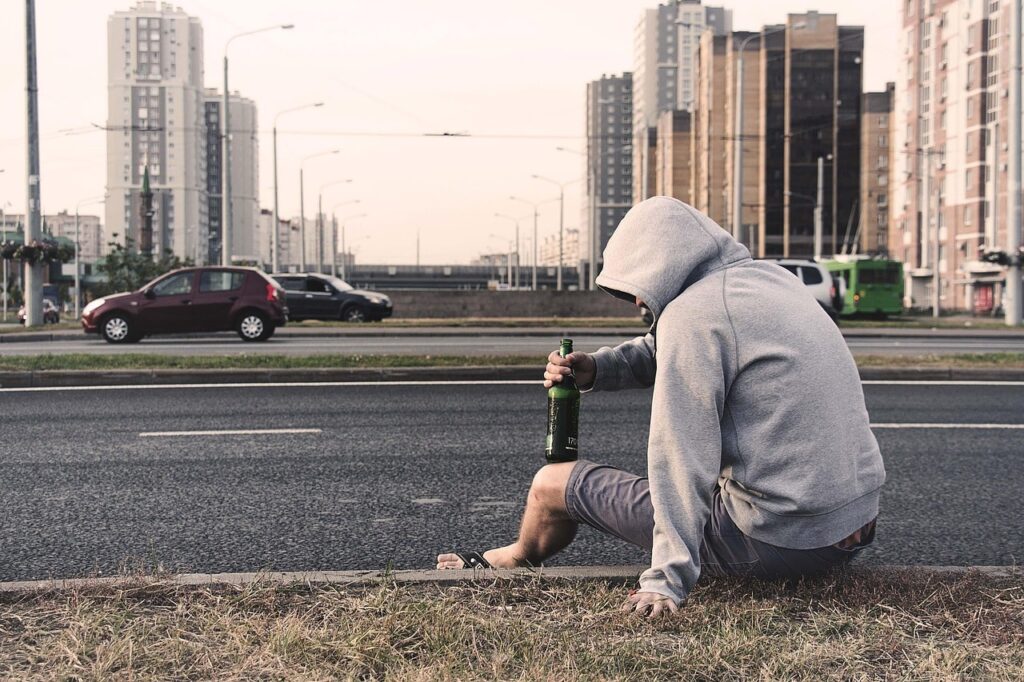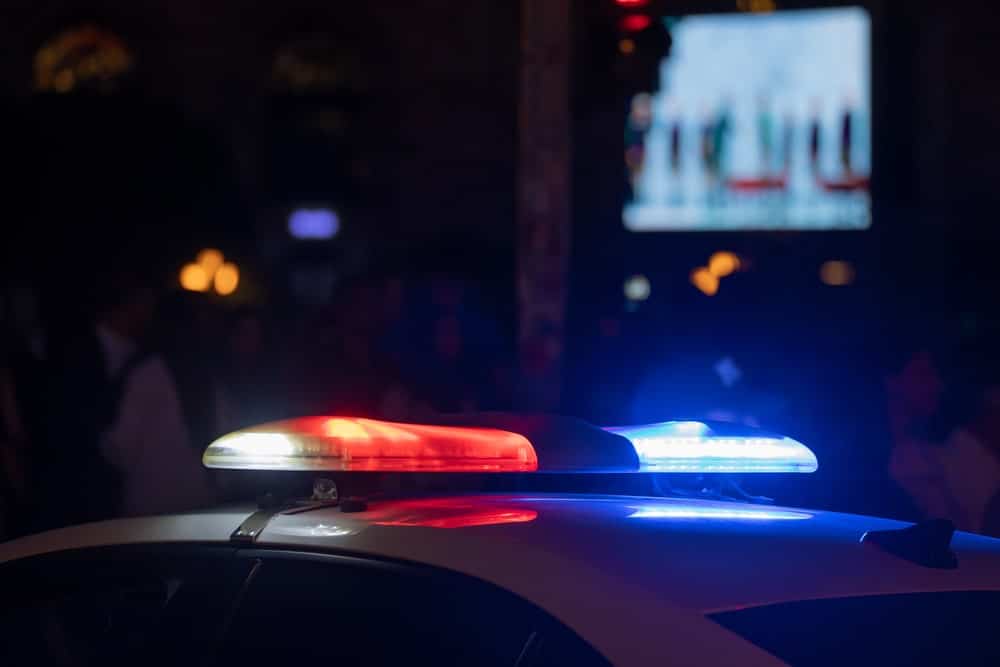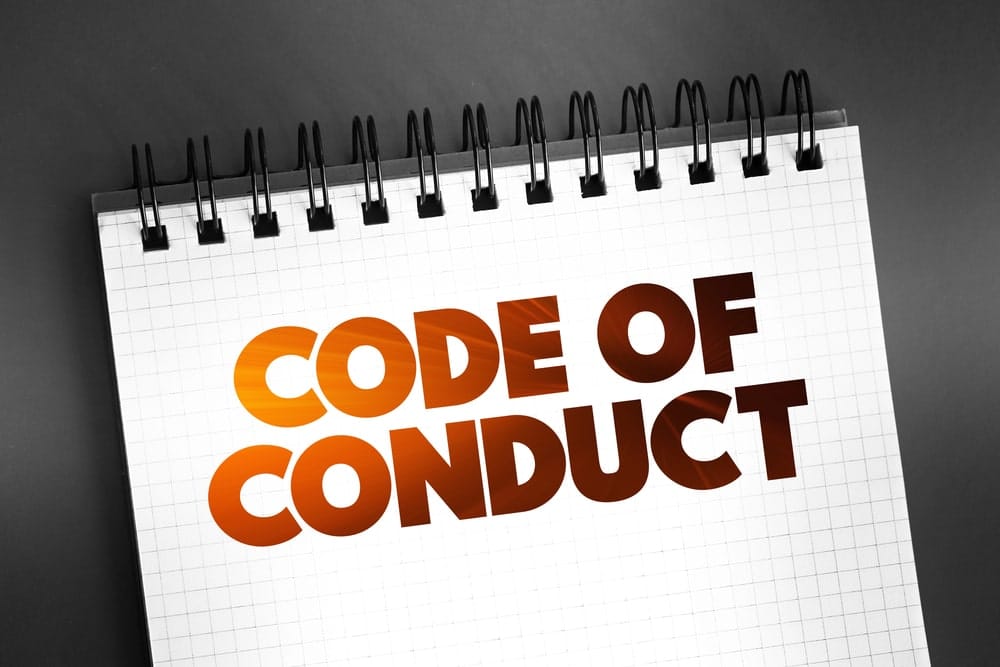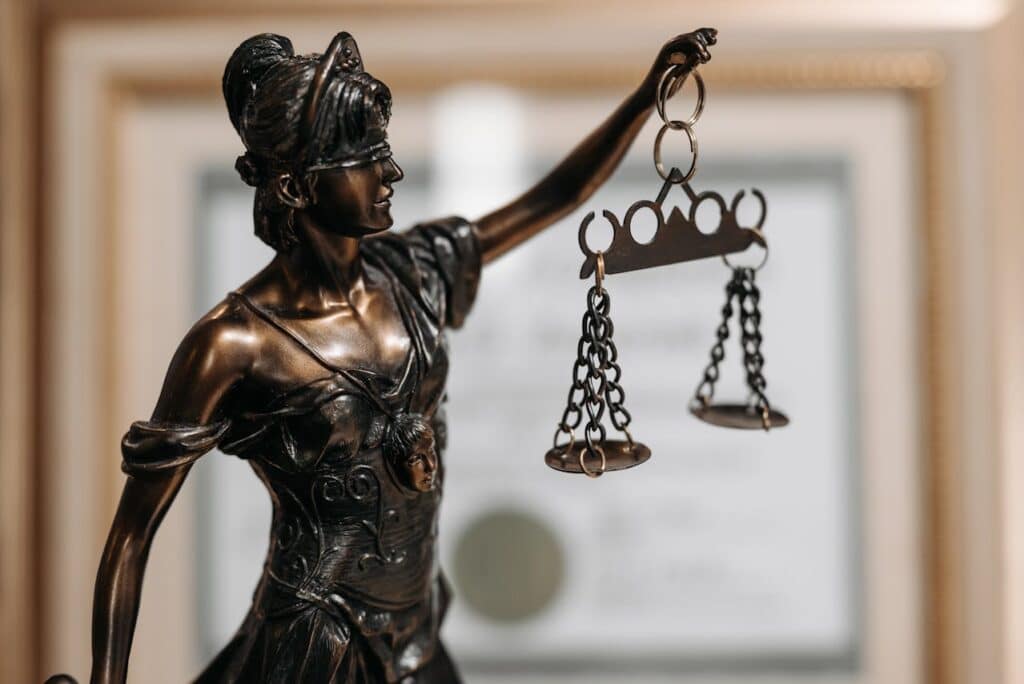What Counts as Public Intoxication Near UT Campus?
Imagine a night out with friends near UT turns serious when flashing blue lights end the evening in handcuffs. Public intoxication charges are common on The Strip, in Fort Sanders, and during crowded game days, where police monitor student activity closely. What feels like a harmless moment can quickly become a criminal case.
Tennessee law does not punish drinking alone. Instead, it allows arrest when someone appears impaired in public and is viewed as a safety risk. That is why many students are charged with public intoxication near UT campus even when they are not causing trouble.
This guide explains what public intoxication really means under Tennessee law, what qualifies as a public place, and how arrests most often happen around UT. It also outlines penalties, school-related consequences, and available legal defenses. Most importantly, it shows how a Knoxville public intoxication lawyer can protect your future.

What Public Intoxication Really Means in Tennessee
Public intoxication is a misdemeanor in Tennessee and is often misunderstood by students, visitors, and downtown crowds near UT. Many people assume you must be extremely drunk to be arrested, but the law focuses more on behavior and safety risks than alcohol levels. Even a brief encounter with police can result in charges if certain legal conditions are met.
Legal Requirements Under Tennessee Law
A person must be in a public place — such as a street, sidewalk, parking lot, or business — when the incident occurs. They must also be under the influence of alcohol, drugs, or another substance that affects judgment. Finally, they must pose a danger to themselves or others, threaten property, or cause an unreasonable disturbance in public.
Key Facts to Understand
A public intoxication arrest does not require a breath or blood test. Police can rely on observations like slurred speech, staggering, or aggressive behavior. These laws apply to alcohol, illegal drugs, and even prescription misuse, which is why early guidance from a Knoxville public intoxication lawyer can protect your rights and your future.
What Counts as a “Public Place” Near UT Campus
Common Public Areas
Under Tennessee law, a “public place” is any location open to the public, even temporarily. Around the University of Tennessee, police frequently enforce public intoxication laws in areas such as:
- Cumberland Avenue sidewalks, streets, and crosswalks
- Neyland Stadium tailgating lots and game day areas
- Campus walkways, plazas, and green spaces
- City parks, sidewalks, and bus stops near campus
These locations are heavily monitored during weekends, football games, and student events.
Semi-Public Locations (Often Misunderstood)
Some places may feel private, but legally qualify as public because others can access them:
- Apartment complex parking lots, stairwells, and hallways
- Fraternity and sorority house porches and front yards
- Rideshare zones outside bars and restaurants
Many UT students face charges in these areas without realizing they count as public spaces.
Private Areas (Usually Not Public)
- Dorm rooms or apartments
- Enclosed private property with restricted access
However, disruptive behavior in private spaces can still result in other charges, even if public intoxication does not apply.

How People Get Charged Near UT
Public intoxication charges near the University of Tennessee often start with small incidents that attract police attention. Many of these arrests happen late at night near student housing, bar districts, and busy sidewalks. What begins as minor behavior can quickly become an arrest when officers believe someone is unsafe or causing a disturbance.
Behavior That Triggers Arrests
Police frequently respond when a person stumbles into traffic or falls on a public sidewalk. Loud arguments or confrontations outside bars also draw attention and may lead to charges. Refusing to leave a business after being asked or ignoring security warnings often results in police involvement.
Game Day and Nightlife Situations
Game days bring heavy crowds, tailgating, and late-night celebrations that sometimes lead to public intoxication arrests. Students are occasionally found asleep outside apartments or passed out on sidewalks after a long night. Riding scooters or bikes while impaired may also be considered risky behavior and lead to arrest.
Annoyance or Public Disturbance
Yelling at strangers, bothering passersby, or acting aggressively in public creates safety concerns. Blocking sidewalks or business entrances can also result in complaints from others nearby. When someone ignores police instructions, a simple interaction can quickly escalate into an arrest near UT campus.

Penalties and Student Consequences
Criminal Penalties
Public intoxication in Tennessee is a Class C misdemeanor, and a conviction may result in:
- Up to 30 days in jail
- Up to a $50 fine plus court costs
- Mandatory court appearance and a permanent criminal record
The financial penalty may seem minor, but the long-term consequences can be far more serious for college students.
Real-Life Impact
A public intoxication conviction stays on your record and can:
- Appear during background checks
- Affect employment, internships, or scholarships
- Impact graduate school or professional licensing
- Create international travel restrictions for study abroad or visas
UT Student Discipline
The University of Tennessee treats public intoxication as a conduct violation, even off campus. UT may refer cases to the Office of Student Conduct, which can impose:
- Disciplinary probation
- Mandatory alcohol education courses
- Housing penalties or loss of student privileges
Legal Defenses That Can Work
A public intoxication charge is defensible when the evidence does not meet Tennessee’s legal standards. Every case turns on witness accounts, police reports, and how officers interpreted behavior at the scene. A skilled public intoxication lawyer in Knoxville can identify weaknesses in the prosecution’s evidence and challenge improper procedures.
Not Actually in a Public Place
Police must prove that the location meets the legal definition of “public.” Being on private property, inside a residence, or in a gated area may not qualify. If the spot where the arrest occurred is not truly public, the charge can often be dismissed.
No Safety Risk
Intoxication itself is not illegal in Tennessee. The law requires proof that a person endangered themselves, others, or property. If no clear risk or disturbance occurred, the case may lack a legal basis.
Medical Misinterpretation
Certain medical conditions can mimic signs of intoxication. Low blood sugar, dehydration, or a concussion may affect speech and coordination. Medical records can help demonstrate that behavior was caused by illness, not alcohol or drugs.
Unlawful Police Action
Officers must have probable cause before making an arrest. Weak observations, vague claims, or failure to follow proper procedure can make evidence inadmissible. When police overstep, a lawyer can move to suppress those findings.

What To Do After a Public Intoxication Charge
A public intoxication citation may seem minor, but ignoring it can create serious legal problems. Responding early protects your options in court and prevents additional penalties such as fines, warrants, or a permanent record. Taking simple steps now can also strengthen your defense later.
Immediate Steps
Do not miss your court date, and keep every legal document you receive. Write down what happened as soon as possible, while details are still fresh. Save contact information for witnesses and collect any helpful evidence such as photos, videos, receipts, or text messages.
Legal Options
Some cases can be dismissed when the evidence is weak or the arrest was improper. Eligible first-time offenders may qualify for pre-trial diversion to avoid a conviction. In many situations, expungement can clear your record once the case is closed.
Why Legal Help Matters
A Knoxville public intoxication attorney can protect your criminal record and guide you through university discipline if you are a student. Skilled legal support helps preserve scholarships, employment opportunities, and future career plans. Early action leads to better results in court.
Conclusion
Public intoxication is often misunderstood around the University of Tennessee because being drunk is not illegal by itself. A charge only happens when police believe someone is a danger in public, yet even a small mistake can still create a criminal record. That record can affect school status, financial aid, campus housing, and future employment.
With the right legal strategy, you can protect your record and avoid long-term damage. A lawyer understands how student cases are handled in Knoxville courts and on campus. With guidance from experienced lawyers, you can pursue dismissal, diversion, or expungement and move forward with confidence.
At Eldridge & Cravens, P.C., we understand how fast a public intoxication charge near the University of Tennessee can turn into a serious problem. A single mistake should not define your future, and you should not face the legal system alone. Contact us today at (865) 544-2010 to speak with a public intoxication lawyer in Knoxville who knows how to protect students, athletes, and young professionals. Take control now — your future is worth defending.
Do not navigate the system alone
Call: 865-544-2010
